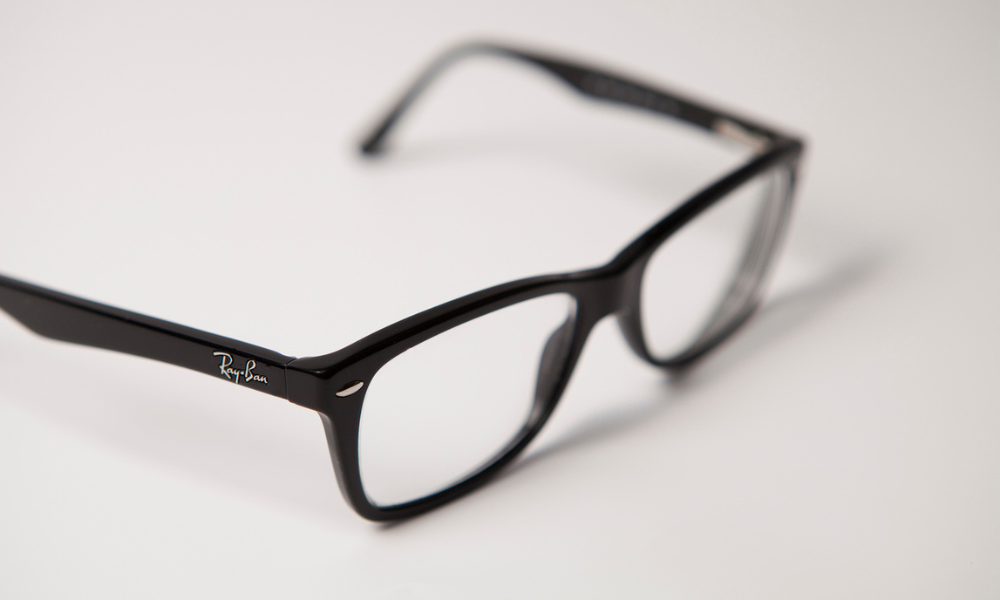
Lawyer raised concerns that users could secretly record others or collect data without consent

Meta and Ray-Ban's AI-powered smart glasses, launching in late 2023, will allow users to ask an artificial intelligence interface real-time questions and record personal moments like music festivals and birthday parties seamlessly, the International Bar Association (IBA) reported.
Promoting the glasses as a tool that can record without "your smartphone’s lock screen," Meta emphasized the ease of capturing life's milestones with this innovative wearable. However, as with other wearable technology, these smart glasses present significant privacy and legal challenges.
Callum Sinclair, head of technology and commercial at the Scottish law firm Burness Paull, raised concerns that users could secretly record others or collect personal data without consent. He saw this as a serious challenge to maintaining privacy.
Meta and Ray-Ban product websites claim that the glasses are “built for your privacy and others’ too.” The glasses feature a capture LED light indicating when recording is in progress, which will not function if covered. Additionally, Meta encouraged responsible use, advising users to power off the device in private spaces and stop recording if someone requested it.
Beyond privacy, the IBA stressed that wearables present broader data security challenges. Larissa Galimberti, chair of the IBA cybersecurity subcommittee, said that devices like "smart rings" track sleep and physical activity levels for athletes and other users but warned that people need to understand how their data is collected and used. She differentiates them from smart glasses, which can record videos of others while still noting privacy concerns due to the sensitive data being collected.
“How do you provide for the rights of the data subject? If you film someone without authorisation to what extent is that legal?” Galimberti said.
Sinclair warned that manufacturers may exploit data for purposes like targeted advertising, with consumers often disregarding the fine print. He stressed that manufacturers must ensure data security, given extensive regulations like the EU's GDPR and the UK's Product Security and Telecommunications Infrastructure Act.
Sinclair said, “Wearables don’t just collect data, they also aggregate it on an anonymized basis to provide things like coaching and optimized performance advice, but the challenge is that security is often an afterthought.” He emphasized that manufacturers must clearly state what data is collected and how it's used.
Cécile Théard-Jallu, co-chair of the IBA healthcare and life sciences law committee, explained that while medical devices like glucose monitors have clear health regulations, not all wearables meet these standards. She cautioned that different legislation applies based on how data is processed and whether the device is classified as a medical tool.